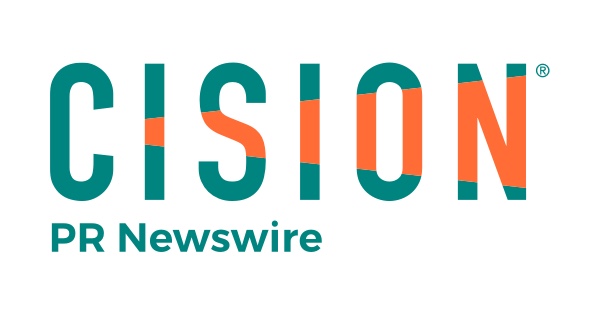COVINGTON, Wash., Oct. 3, 2019 /PRNewswire/ — The Northwest Aquaculture Alliance (NWAA), the leading trade association representing aquaculture producers and support businesses in Washington, Oregon, Idaho, Montana, and British Columbia, today applauded the Washington Department of Fish and Wildlife (WDFW) proposal to issue a five-year Marine Aquaculture Permit to Cooke Aquaculture Pacific, LLC to grow rainbow trout (steelhead) in its existing commercial marine net pens in Puget Sound.
The WDFW proposal, issued October 1, would give Cooke a five-year permit to culture all-female triploid (non-fertile) rainbow trout—and much-needed certainty to continue operating in the state.
Cooke plans to partner with the Jamestown S’Klallam Tribe to raise native species in Port Angeles Harbor, once the aquatic farm lease in Port Angeles is reinstated, according to a press release issued by the Tribe on October 3.
“We commend the state, particularly WDFW, for ‘going the extra mile’ to ensure fairness in making this important decision,” said NWAA Executive Director, Jeanne McKnight. “We are grateful that science has won the day over politics, and we are delighted that Cooke will be able to continue producing sustainable seafood in Washington state, particularly in areas where family-wage jobs are desperately needed.”
In addition, McKnight said, “Aquaculture currently provides more than half of the seafood consumed worldwide—and that percentage is increasing as global demand for seafood continues to rise and wild fisheries are fully exploited. Not only does aquaculture produce much-needed heart-healthy protein, but it also makes seafood affordable for people who may not be able to purchase it otherwise.”
She noted that technological advances have made aquaculture one of the most sustainable food growing methods, offering a low carbon footprint and better feed conversion ratios than any other land-based proteins. She added, “We believe the time has come for the United States to embrace fish farming as a way to grow food, create jobs, and add to the economy of the region.”
SOURCE Northwest Aquaculture Alliance

